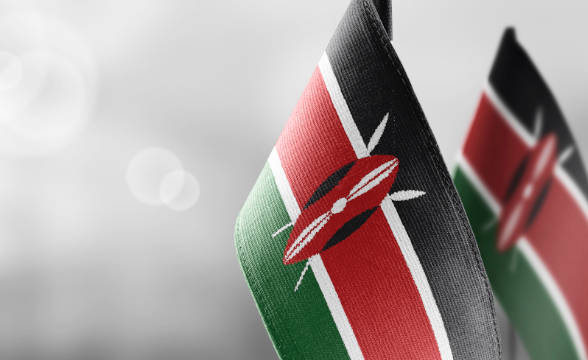Kenya’s gambling industry has been unable to regulate properly, with a number of legal challenges, threats, and repeated country exits taking place over the past couple of years. Now, a new report by the Betting Control and Licensing Board has established that the country’s applicants for new and renewed licenses have not been able to comply with an order that asks them to be certified by a number of regulatory bodies. As a result, their bids to obtain or renew a license have been denied.
Kenya’s Gambling Firms Fail to Obtain Licenses
The regulatory kerfuffle was mostly occasioned by the ill-time execution and lack of a grace period to apply the measures. In May, Kenya’s interior secretary Fred Matiangi asked the Betting Control and Licensing Board to look into whether licensees have complied with the regulatory measures in the country.
Each gambling licensee in Kenya must have been cleared by the country’s Inter-Agency Security Team, Financial Reporting Center, Communications Authority, and Kenya Revenue Authority. The report found out that the overwhelming majority of license applicants had not cleared all the prerequisites, receiving licenses only from some of the companies.
This could do with the fact that the requirements have not been made clear enough by regulators, mistakenly leading licensees to believe that they can obtain fewer licenses and still try to open business. Another explanation is a lack of a central and efficient gambling framework that prevents companies from launching without the correct license.
From the Betting and Gaming Control Board’s point of view, though, the report found out the companies had not filed their applications successfully. The watchdog has told applicants to make sure that they meet all requirements before reapplying.
Illegal Gambling Websites Targeted Next
Matiangi said that this was just a part of the problem. He specifically spoke about the deeper issue with illegal gambling websites in Kenya which have been targeting consumers in the country almost unchecked. This is what Matiangi has warned such operators that they will be faced with tougher measures, although Kenya would need to expend a significant resource to tackle them.
The most efficient manner of such moderation has been achieved by the Australian Media and Communications Authority which has been banning websites over the past couple of years by single-picking them and even reaching out to them overseas licenses to notify regulators about irregularities.




